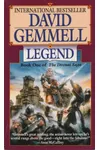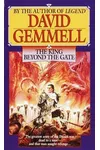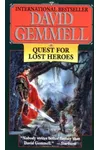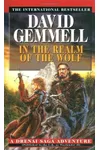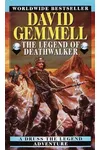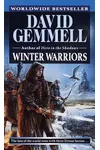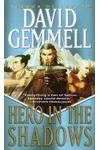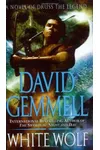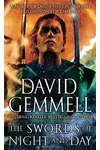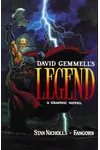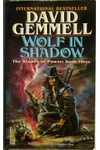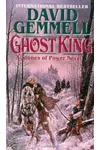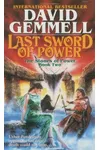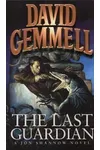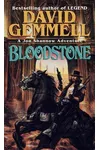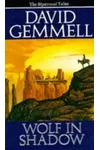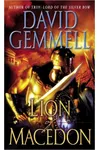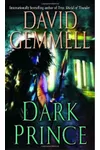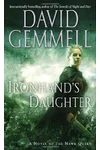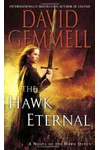Picture a British storyteller who turned gritty, heroic tales into a fantasy legacy—meet David Gemmell! Born in 1948 in west London, Gemmell transformed a tough upbringing and a journalism career into over 30 novels, selling millions with his debut, Legend. His morally complex heroes and pulse-pounding action redefined heroic fantasy, captivating readers worldwide.
From a misdiagnosed cancer scare that sparked his first novel to his untimely death in 2006, Gemmell’s life was as epic as his stories. Let’s dive into the journey of a man whose flawed heroes taught us courage, loyalty, and redemption.
The Making of David Gemmell
Raised in a rough London neighborhood, David Gemmell faced bullying and fought back, shaping his understanding of violence and resilience. Expelled from school at 16 for running a gambling syndicate, he worked as a laborer, nightclub bouncer, and journalist. His early life, marked by a single mother’s strength and a love for J.R.R. Tolkien’s The Hobbit, fueled his storytelling. A 1976 cancer scare—later revealed as a misdiagnosis—pushed him to write The Siege of Dros Delnoch, which became Legend in 1984, launching his career.
Gemmell’s journalism days overlapped with writing until 1986, when he was fired for using colleagues’ names in his third novel, Waylander. This setback made him a full-time author, and he never looked back, crafting tales with West London humor and raw emotion.
David Gemmell’s Unforgettable Stories
Gemmell’s novels, mostly in the heroic fantasy genre, blend gritty action with themes of honor, courage, and redemption. His debut, Legend (1984), follows Druss, a battle-hardened warrior defending a fortress against overwhelming odds. Its raw power and flawed hero set the tone for the Drenai Saga, Gemmell’s most iconic series. Waylander (1986) introduced a brooding assassin seeking redemption, showcasing Gemmell’s knack for morally gray characters.
The Rigante series, starting with Sword in the Storm (1998), weaves Celtic-inspired tales of rebellion and sacrifice, while the Troy trilogy, beginning with Lord of the Silver Bow (2005), reimagines the Trojan War with historical depth. Unlike his fantasy peers, Gemmell avoided elves and wizards, focusing on human struggles, visceral combat, and West London wit. His only non-fantasy work, White Knight, Black Swan (1993), a crime thriller under the pseudonym Ross Harding, didn’t hit bestseller status but showed his versatility.
Gemmell’s style—fast-paced, emotionally charged, and unflinchingly real—drew from his experiences with “men of violence,” like mercenaries he interviewed as a journalist. His heroes, never perfect, face personal demons, making their triumphs deeply relatable.
Why David Gemmell Matters
David Gemmell’s impact on heroic fantasy is undeniable. With over one million copies sold, his books remain global bestsellers, translated into multiple languages. The David Gemmell Awards for Fantasy (2009–2018) honored his legacy, celebrating authors who echo his epic, character-driven style. Fans and writers, from Joe Abercrombie to Conn Iggulden, credit Gemmell for inspiring gritty, human-centered fantasy.
His stories resonate because they mirror life’s complexities—courage amid fear, redemption after failure. Gemmell’s passing in 2006, shortly after heart surgery, left his Troy trilogy unfinished, but his wife, Stella, completed Fall of Kings (2007), ensuring his vision endured. Today, fan communities and forums keep his spirit alive, proving Gemmell’s tales are timeless.
About David Gemmell
- Born: August 1, 1948, London, England
- Died: July 28, 2006, Hastings, England
- Key Works: Legend, Waylander, Sword in the Storm, Lord of the Silver Bow
- Awards: David Gemmell Awards for Fantasy established in his honor (2009–2018)
- Fun Fact: He was patron of the Hastings Writers’ Group and judged their Legend Writing Award.
Snag Legend and dive into David Gemmell’s thrilling heroic fantasy! Let Druss and Waylander show you why courage and redemption never go out of style.
